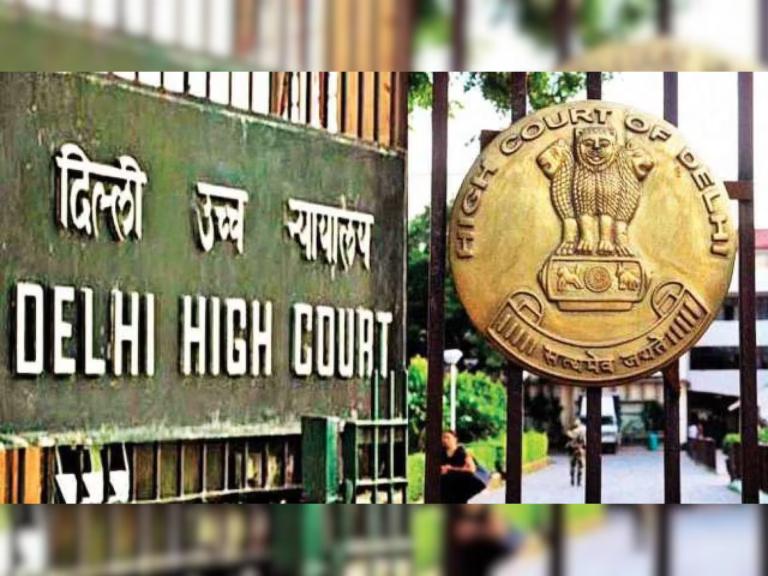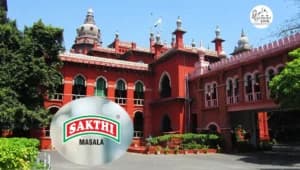The Delhi High Court on Wednesday dismissed a plea by Aam Aadmi Party (AAP) MLA Naresh Balyan seeking custody parole to assist his wife in campaigning for the Delhi Legislative Assembly elections. Balyan, arrested in December 2024 under the stringent Maharashtra Control of Organised Crime Act (MCOCA), argued that his wife lacked political experience and needed his guidance. However, Justice Vikas Mahajan rejected the request, emphasizing that Balyan’s circumstances differed from those of 2020 Delhi riots accused Tahir Hussain, who was granted temporary relief by the Supreme Court to campaign.
Justice Mahajan noted that Balyan was not contesting the elections himself, unlike Hussain, who received parole for campaigning. “Had he (Balyan) been contesting, it would’ve been different. Tahir Hussain is on a different footing. The Supreme Court also clarified that Hussain’s case should not set a precedent,” the judge stated. The court also highlighted ongoing investigations into Balyan’s alleged ties to an organized crime syndicate led by gangster Kapil Sangwan.
Read Also - Supreme Court Directs Central Government to Enact Law Protecting Domestic Workers’ Rights
Delhi Police opposed the plea, arguing that releasing Balyan could hamper the probe, as witnesses had recently come forward. “The investigation is at a crucial stage, and his release risks influencing witnesses,” the prosecution asserted. Balyan’s lawyer, M.S. Khan, countered that the MLA had no access to protected witnesses’ identities and could not interfere. “How will I approach witnesses? My wife needs guidance—no one can substitute her husband,” Khan pleaded.
Background of the Case
Balyan was arrested on December 4, 2024, hours after securing bail in a separate extortion case. The MCOCA case alleges his involvement in a crime syndicate responsible for 16 FIRs across Delhi, including extortion and violence. On January 15, a trial court denied him bail, citing “substantial evidence” of his active role in the syndicate. Judge Kaveri Baweja observed that Balyan failed to meet MCOCA’s strict bail criteria and posed a risk of influencing witnesses or repeating offenses.
Read Also - Allahabad High Court Denies Anticipatory Bail to Congress MP Rakesh Rathore in Sexual Exploitation Case
During the High Court hearing, Balyan’s counsel argued the case was “frivolous,” pointing out that the initial FIR did not name him. “He even filed a complaint against the crimes he’s now accused of,” Khan said. The prosecution, however, labeled Balyan a “facilitator” for the syndicate, claiming it had “created havoc and amassed illegal wealth.”
The court scheduled Balyan’s regular bail plea hearing for January 30, after his lawyer withdrew the custody parole request.
“The stringent provisions of MCOCA are designed to curb organized crime. Releasing the accused at this stage could undermine the judicial process and public safety.”
— Observations from Trial Court Order, January 15
The Delhi High Court’s decision underscores the judiciary’s cautious approach in MCOCA cases, particularly when investigations are ongoing. While Balyan’s team sought parity with Tahir Hussain’s temporary release, the court emphasized the uniqueness of each case. With the trial court already denying bail and the High Court refusing parole, Balyan’s fate now hinges on his upcoming bail hearing, which could set further precedents for high-profile MCOCA cases.















